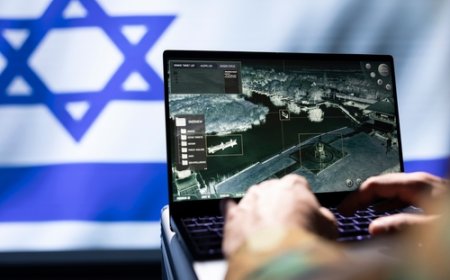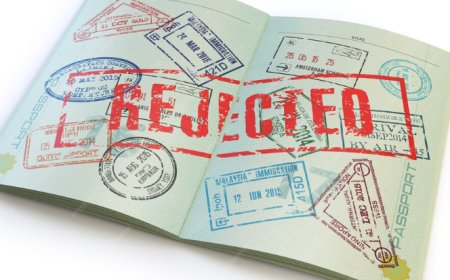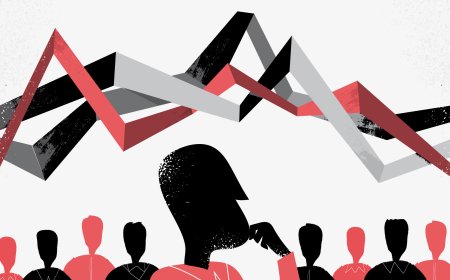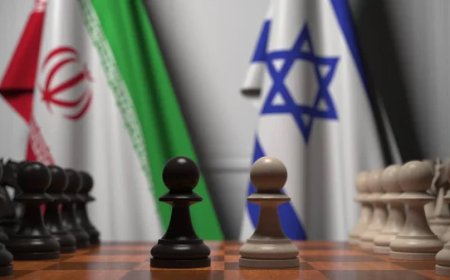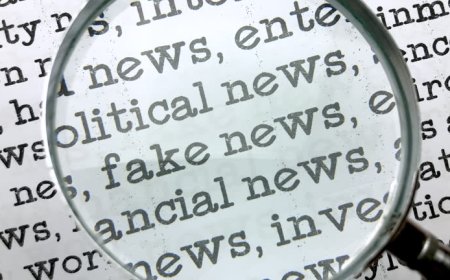The Washington Time Lag
Given the determination of the US and Israel to bring down the Iranian government, what cards does Iran have left to play? Democratic, domestic reform is almost certainly the one durable solution.
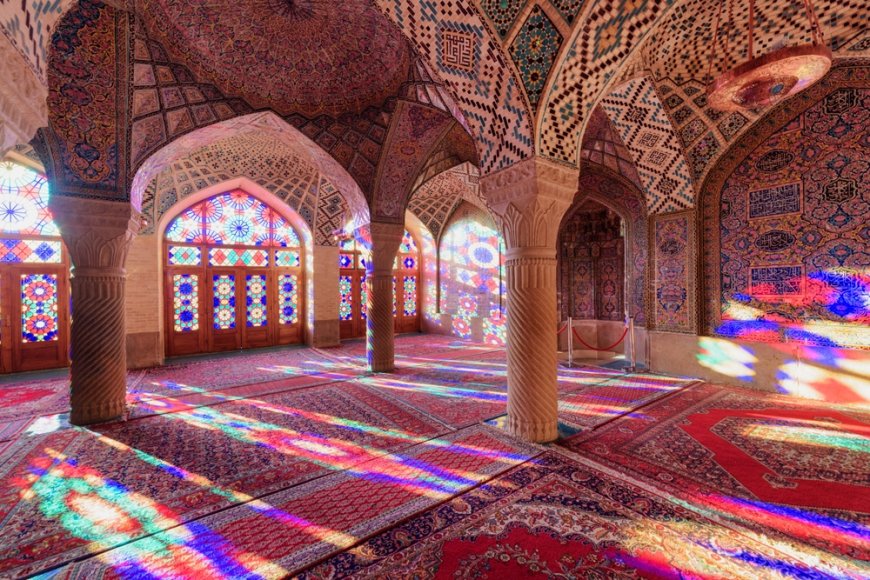
In 1991, President George HW Bush launched Operation Desert Storm to liberate Kuwait from Iraqi aggression. He decided to end the war upon Kuwait's liberation and stopped short of overthrowing Iraqi President Saddam Hussein through military force, thus ensuring Saddam's status as Enemy Number One in the American imagination. Bush's son, President George W Bush, would later return to overthrow Saddam in 2003.
During the 2003 war against Iraq, a common aphorism among the war's supporters was: "Anyone can go to Baghdad; real men want to go to Tehran." This phrase signified, even then, the ultimate project of broadly remaking the Middle East by carrying out regime change in both Iraq and Iran (and less prominently, Syria). With his recent bombing of Iran, President Donald Trump has taken another step toward that goal of Iranian regime change.
With the bombing of Fordow, Natanz, and Isfahan, the countdown to the end of the Iranian revolutionary regime -- which began in 1979 with the overthrow of Shah Reza Pahlavi -- has begun. Notwithstanding the current ceasefire, supposedly brokered by President Trump, as earlier examples illustrate, while there is often a lag between intentions expressed in Washington and their fulfillment, we ultimately see alignment between the two more often than not.
Can the Iranian regime avoid this seemingly deterministic fate?
One apparent answer lies in abandoning the country's efforts to acquire nuclear weapons. This course of action, while the most straightforward, is complicated by recent history. Saddam Hussein chose not to undertake the hard work of building a nuclear weapon but tried to have the best of both worlds by acting as if he possessed one. His hanging at Camp Justice military base revealed the weakness of this approach.
Libya's Muammar Gaddafi actually did abandon the country's nuclear and chemical weapons programs, yet this did not save him from NATO bombardment, torture, and death in the streets of Sirte.
North Korea, on the other hand, succeeded in racing to complete its nuclear weapons program. As a consequence, the third scion of the Kim dynasty does what he wants -- even sending his soldiers to fight for Russia against Ukraine -- while facing no serious talk of regime change.
The lesson is clear: once a regime steps onto the path toward nuclear weapons, it either succeeds or is destroyed by its enemies.
Another approach that could avoid the destruction of the present Iranian regime -- though equally unlikely -- would be for the regime to reorient itself away from its continued hostility toward Israel, the regional hegemon of the Middle East, and the United States, the global superpower.
While there are examples of countries playing a regional hegemon against a global superpower or vice versa, I cannot think of another country that has survived by actively antagonizing both. Unfortunately for the Islamic Republic, it has made antagonism toward both the US and Israel the cornerstone of its national policy, using this strategy to distract the population from the various ways the clerical regime has failed to deliver essential goods and services.
There is a third, more realistic solution -- domestic reform.
Iran's previous president died in a helicopter crash, an episode widely suspected to be an assassination. The country's leading nuclear scientist, Mohsen Fakhrizadeh, was assassinated by a robotic machine gun weighing about a ton that was smuggled into Iran and reassembled there. Earlier this month, Israel assassinated the head of Iran's military, its air force commander, elite Revolutionary Guard officials, and a senior national security official. To facilitate these airstrikes, Israel launched drones that were manufactured and deployed from inside Iran itself.
In sum, it is clear that the Iranian regime lacks effective control over its own territory, given the ease with which Mossad and other intelligence agencies infiltrate Iran and use its territory to launch attacks against the Iranian leadership. This vulnerability is made possible by the regime's reprehensible mass murder, oppression, and torture of its own population -- most recently during the Women, Life, Freedom movement and the 2009 Green Revolution before that.
The Iranian regime has reaped what it has sown: its brutalization of its own citizens has clearly given birth to a generation willing to work with foreign states against their own government. That a regime which uses Islam as a source of legitimacy would indulge in behaviour contrary to so many Islamic tenets of good governance and responsible stewardship adds another layer of bitter irony.
This last option may be the hardest for the Iranian regime to implement, but it is arguably the best. No regime can ultimately win a war against its own citizens, and there is still time for the Iranian government to bolster its legitimacy by responding to its citizens' concerns and treating them with the respect they deserve.
As a final note, the current state of the Iranian regime -- the victors of the 1979 revolution -- presents a cautionary tale for those in Bangladesh who would sidestep democratic elections in favour of a perpetual mandate ostensibly derived from the 2024 July Uprising that toppled Sheikh Hasina.
As Iran's experience clearly demonstrates, revolutionary fervour quickly grows stale and rancid unless regularly refreshed with the fresh air of democratic participation.
What's Your Reaction?













